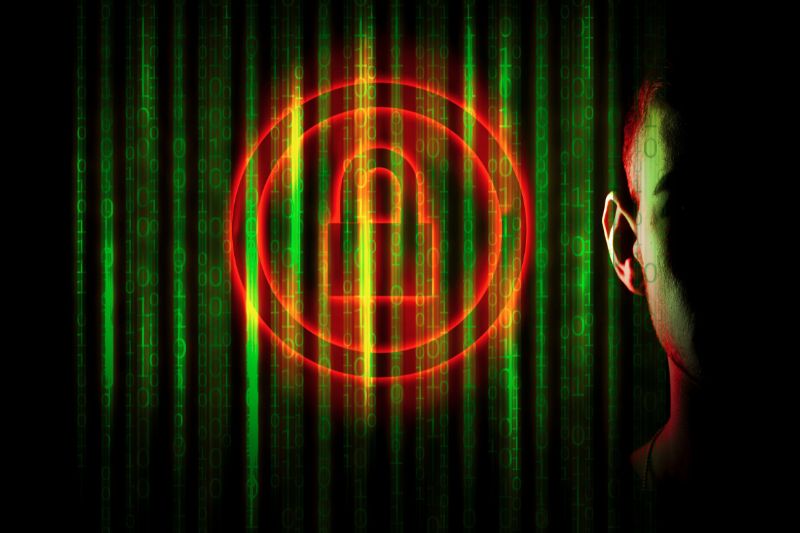Most people have heard of the deep web and dark web, yet the two are often misunderstood and shrouded in mystery. While both these areas lie beyond the reach of standard search engines, they serve entirely different purposes and house different types of content. Here’s what you need to know about these lesser-known layers of the internet, the risks involved, and a few pointers on how to browse responsibly.
What is the Deep Web?
The deep web refers to all online content that isn’t indexed by traditional search engines like Google or Bing. This includes everyday information, like your email inbox, private social media profiles, online banking portals, and subscription services. In short, the deep web is any part of the internet that requires a login or specific permissions to access.

Examples of the Deep Web:
- Private email accounts
- Cloud storage (Google Drive, Dropbox)
- Banking websites
- Online school records or medical records
- Subscription sites (like Netflix or news outlets)
Is the Deep Web Safe? Yes, the deep web is generally safe. It contains personal data and private content that is kept out of the public eye for privacy reasons. Most of us use the deep web daily without even realizing it, as it’s a routine part of online activity.
What is the Dark Web?
The dark web, by contrast, represents a small, encrypted part of the internet that requires specialized software, such as the TOR (The Onion Router) browser, to access. This space is intentionally hidden and hosts both legal and illegal content, making it much more complex and potentially risky.

Examples of Dark Web Content:
- Anonymous forums and chat rooms
- Black markets for illegal goods or services
- Legal resources for people living under censorship
- Whistleblower sites and advocacy sites
Is the Dark Web Illegal? While accessing the dark web is legal in most countries, certain activities conducted there may not be. The dark web also hosts valuable resources, especially for individuals in restricted regions, but it’s crucial to be cautious and informed.
How to Access the Deep Web and Dark Web
Accessing the Deep Web:
Accessing the deep web doesn’t require any special software. You can access it directly by logging into your email, cloud storage, banking app, or any other site where content isn’t indexed by search engines. Simply log in as you normally would.
Accessing the Dark Web:
The dark web requires a specific browser, usually TOR (The Onion Router). TOR anonymizes your connection, allowing you to reach websites with the .onion domain suffix, which is not accessible via traditional browsers. While the TOR network provides privacy, it’s essential to remember that this part of the web contains sensitive and potentially illegal content.
Steps to Access the Dark Web:
- Download the TOR browser from a trusted source, such as the official TOR Project website.
- Launch TOR and ensure your connection is secure.
- Use verified and trustworthy directories or resources, such as The Hidden Wiki, to find
.onionsites. - Avoid clicking on suspicious links or engaging with unknown entities.
What’s Inside the Dark Web: Risks and Caution
The dark web houses a range of content, some of which is illegal and potentially disturbing. It’s vital to be aware of the following if you plan to explore:
- Black Markets: Certain areas of the dark web may offer illegal goods and services, such as counterfeit documents, hacking services, or prohibited substances.
- Malware and Phishing Sites: Many websites on the dark web can harbor malware or scams. Clicking unknown links can infect your device with viruses or expose personal data.
- Disturbing Content: The dark web may contain explicit or violent content that can be distressing or triggering for people with trauma or sensitivities.
Safety Tips for Dark Web Exploration
If you do choose to explore, it’s essential to do so cautiously. Here are some important tips:
- Use a VPN: While the TOR network provides anonymity, using a VPN offers an additional layer of protection.
- Avoid Sensitive Content: Many websites host content that may be disturbing or illegal. Avoid areas that could lead to uncomfortable or triggering experiences.

- Protect Your Identity: Do not share personal information or engage with unknown entities, as this can open you up to scams.
- Stay on Legal Sites: Stick to legal sites and resources; they often have legitimate purposes like supporting journalists, activists, and people in censored regions.
Wrapping up: Deep Web vs. Dark Web
While the deep web and dark web both reside beneath the surface of the internet, they serve vastly different purposes. The deep web is simply the private layer of the web we use daily, while the dark web remains an anonymous space, both useful and potentially dangerous. If you decide to explore the dark web, make sure you are aware of the risks, take necessary precautions, and avoid content that may be disturbing or harmful.
Remember, there’s much of the internet that can be enlightening and enriching without venturing into darker corners—stay safe and browse responsibly.


Leave a Reply